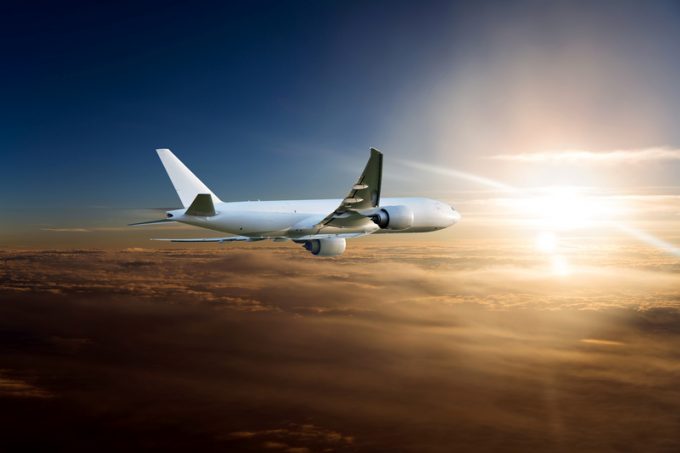Robert van de Weg: back at the helm of an airline, and hopefully not in the soup
¨De soep wordt nooit zo heet gegeten als ze wordt opgediend¨ So notes a Dutch phrase, ...

While scheduled airfreight operations continue to be buffeted by economic headwinds, the going has been smoother for the charter segment this year – and it is currently experiencing very strong rates.
The Loadstar has heard unconfirmed reports of pricing hitting $1.3m for a long-haul charter, with ...
Predatory rivals circle as the ripples from DSV's Schenker buy widen
Latest Israeli attack on Iran a threat to box ships in Straits of Hormuz
DHL Express facilities in Canada forced to shut down by strike
Industry concerns rise after yet another box ship on fire off Indian coast
New Middle East conflict brings airspace closures, flight chaos and oil price worry
More legal trouble in India for MSC: feeder vessel detained after box ship disasters
Return of downward pressure on container spot freight rates
BYD launches logistics subsidiary – and eyes ports and shipping sectors

Comment on this article